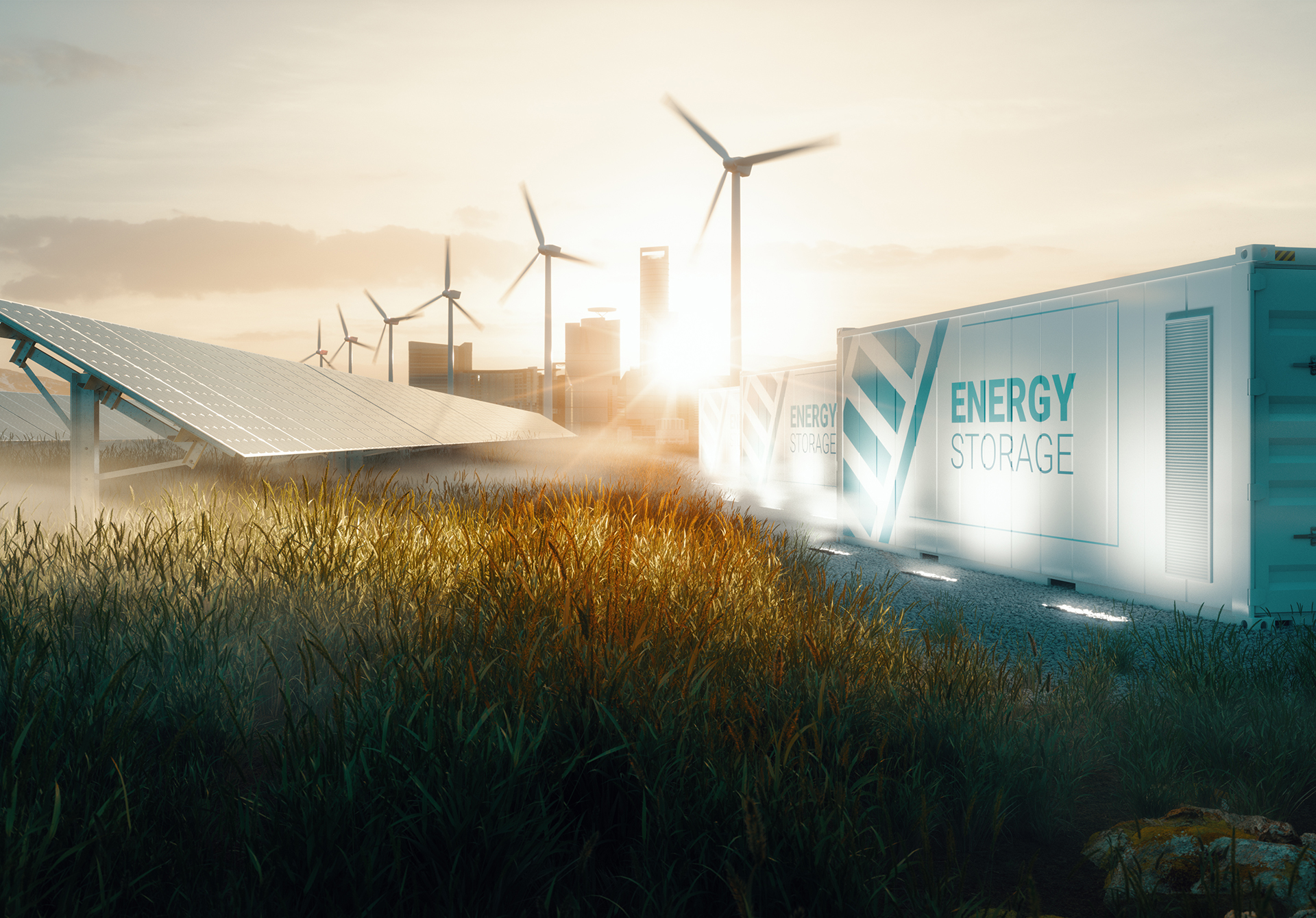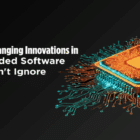Today, you have all the facilities at home be it TV, Refrigerators, Desktops, Laptops, Ac, Fan, Mobiles etc. But can you guess one common thing without which they cannot function? Yes you guessed it right. ELECTRICITY/ENERGY. Just Imagine the world is in dark shadows due to extinction of Non-Renewable Energy what will happen to the hospitals, companies, and most important the impact in your life ? Scary isn’t it ? Thus to succumb and avoid this situation, shifting our dependency to renewable energy is the most effective way also, for future energy storage solutions are required and will be most needed. For a greener future energy storage solution will also play an important role but sowing the seeds now will help the future generations to reap the fruits as nothing good grows overnight.
The process of producing electricity from primary energy sources is known as electricity generation. It is the stage prior to delivery (transmission, distribution, etc.) to end users or storage for utilities in the electric power industry.
Since electricity is not found naturally, it must be “produced” (that is, transforming other forms of energy to electricity). Production takes place in power plants. At a power plant, electricity is typically generated by electromechanical generators, which are primarily powered by heat engines fueled by combustion or nuclear fission, but also by other means such as the kinetic energy of flowing water and wind. Solar photovoltaics and geothermal power are two other energy sources.
The phase-out of coal-fired power plants, and eventually gas-fired power plants, or capture of their greenhouse gas emissions, is a critical component of the energy transformation required to limit climate change. Much more solar power and wind power are expected to be needed, with electricity demand rising sharply as transportation, homes, and industry become more electrified.
Technologies used in power generation –
- Solar
Solar panels convert light directly to electricity and serve as the source of solar power. This is distinct from, and should not be confused with, concentrated solar power, the other major large-scale solar generation technology that uses heat to power a variety of conventional generator systems - Wind
A wind farm or wind park, also known as a wind power station or wind power plant, is a collection of wind turbines used to generate electricity in the same location. Wind farms range in size from a few turbines to hundreds of turbines spread across a large area. Because they do not require fuel, wind farms have a lower environmental impact than many other forms of electricity generation and are often cited as an excellent source of green energy. - Coal
A coal-fired power station or coal power plant is a thermal power station which burns coal to generate electricity. Worldwide, there are about 8,500 coal-fired power stations totaling over 2,000 gigawatts capacity. They generate about a third of the world’s electricity, but cause many illnesses and early deaths, mainly from air pollution.
Similarly natural gas and nuclear power plants are also used for power generation, as we saw in above mentioned resources that generating power is not an easy task. For a greener future we need to shift on renewable sources of energy.
Why Storing and preserving Energy is also equally important?
Batteries and similar devices accept, store, and release electricity on demand. Batteries use chemistry, in the form of chemical potential, to store energy, just like many other everyday energy sources.
Energy storage, similar to how refrigerators allow food to be stored for days or weeks rather than having to be consumed immediately or thrown away, it allows individuals and communities to access electricity when they need it most for example, during outages or when the sun isn’t shining. Energy storage holds the key to a green future by allowing for the use of renewable resources such as wind energy, hydropower, and solar energy with minimal environmental impact. Furthermore, they save money, increase reliability, and are resilient.
Evolute Cleantech Solutions is heavily invested in making this dream a daily reality. We provide a wide range of cleantech and battery management systems. Solar, lithium-ion, IoT, Bluetooth, and customized solutions are among our resources for providing superior power efficiency and delivery.
Battery Management Systems :
The primary goal of the battery management system is to achieve the proper cell balance. When there is an imbalance at the beginning or end of a charge/discharge cycle, the battery moves outside of its normal voltage range, resulting in decreased performance and functionality.
This also raises the possibility of battery failure. As a result, monitoring individual cell voltage is critical, while the proper circuit and logic help keep the cells within the standard voltage range. Battery management systems do not have a set of fixed or unique criteria that must be followed. The scope of technology design and implemented features are generally related to Battery pack application costs, complexity, and size. The temperature of the module is monitored by the battery management system. It also manages the maximum limit for the overcharge / under discharge cut-off. Cut-off of the module to prevent the entire Battery Pack modules from getting damaged or deteriorated.
Benefits of using BMS Include –
- Monitoring the battery, Providing battery protection, Estimating the battery’s operational state, Continually optimizing battery performance, Reporting operational status to external devices, and many more.
- We at Evolute Cleantech solutions provide a wide range of benefits by offering efficient Microcontroller based smart battery management systems that can be tailored to your unique needs and objectives. It Supports communication interfaces like CAN, UART, RS232, RS485 and Bluetooth to capture battery pack data such as Cell Voltage, Battery Pack Voltage, Battery Pack current, Battery Pack Temperature, SOC and SOH etc. Being into the field of Electronics Evolute Cleantech Solution have expertise in design, we can provide Smart BMS with add-on features to measure temperature of Individual Cells, Impedance of Individual cells.
Lithium-Ion Batteries :
Our lithium-ion solutions are among the most powerful tools at our disposal toward making the dream a reality. Here’s how these solutions work. The lithium-ion technology, without a doubt, minimizes environmental impact. The following are just a few of the multiple advantages of lithium batteries include Increased energy output, Fast & high-efficiency charging, Light & efficient, Clean, environmental friendly resource. Lithium-ion batteries aren’t only eco-friendly to manufacture (using lithium & naturally-found metal alloys), but they’re also recyclable, and emit zero pollutants. Furthermore, they provide access to a stream of uninterrupted power.
Technology used in EV Batteries :
Lithium-ion batteries are used in electric vehicles owing to their high capacity and ability to recharge quickly with relatively less energy loss. As a result, the market for electric vehicles (EVs) has seen phenomenal growth in recent years, with manufacturers creating batteries to extend the driving range of their electric vehicles.
LI-ION technology & its advantages:
Lithium-ion batteries (LIBs) continue to get a growing amount of attention as an effective energy storage technology because of their high energy density, almost no memory effect, high open circuit voltage, and extended lifespan.
In recent years, the automotive industry has come to believe that lithium-ion batteries are the best power source for electric and hybrid vehicles, compared to nickel metal hydride, lead acid batteries, and nickel-cadmium batteries battery technologies. This is because:
1. It offers customized battery packs for EV, industrial, robotics, solar lighting, telecom, medical, and drone applications.
2. The smart battery pack includes intelligent Smart BMS (Battery Management System) for cell balancing, protections, and communications such as UART, RS232, RS485, CAN, and Bluetooth.
The Potential Of Lithium-Ion Technology :
(Li-ion) batteries are said to be the leading energy storage solution for off-grid renewable energy. The most notable features of these batteries are their better energy and power densities, longer lifespan
compared to previous technologies, and lower cost.
The Future Of Battery Technology :
Lithium-ion batteries have impacted modern product innovation by combining conventional systems with newer technologies. This resulted in greater adaptability, security, and flexibility. They play a distinctive role in the energy world as they represent a new ray of hope for the future.
This is why we Evolute Cleantech Solutions offer Lithium battery packs, as they have a substantially longer life cycle than traditional batteries and increase a vehicle’s dependability and durability. The Li-ion technologies work to improve battery energy density while lowering costs and maintaining an acceptable power density. We provide customizable batteries that can serve your every need and requirements. Hence for a greener future, greener solutions need to be adopted to conserve our planet earth.





